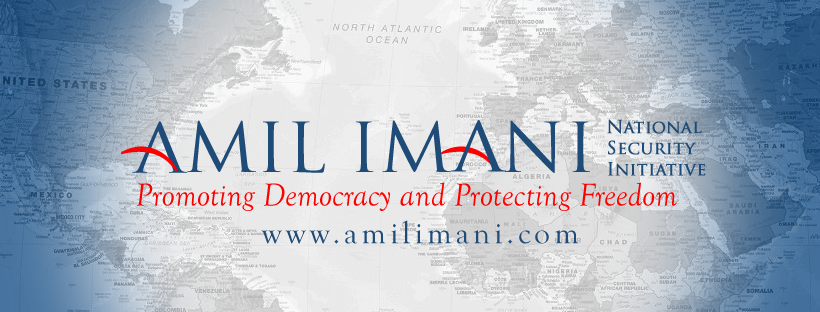On July 22, 2018, you chose a befitting venue, the library of a great champion of freedom, the late President Ronald Reagan, to hearten millions of Iranians, here, in Iran, and much of the world by eloquently expressing your stand against the tyrannical terrorist mullahs presently ruling Iran.
The late President Reagan was instrumental in dismantling the scourge of Soviet Union’s communism, while our courageous outstanding President Trump whom you represent is determined to relegate the standard bearers of Islamic terrorism to their well-deserved demise.
By your speech, you made me and all Iranian-Americans proud. We are proud to be new members of this blessed nation that remains the best hope for freedom-loving people the world over.
Islamic tyranny, regardless of its form, recognizes no borders. It does not confine itself to any geographic area. It is by nature aggressively expansive and invasive. As President Trump has repeatedly pointed out, appeasing the tyrants invariably fails to satisfy them and only serves to whet their appetite. The shameful misguided previous administration’s appeasement policy has indeed emboldened the Islamic Republic in its wanton behavior.
When you speak on behalf of President Trump, and take strong prudent measures against the Islamic Republic of Iran, you not only help Iranians to break the yoke of Islamic tyranny, but you are also protecting America from being victimized by its sworn enemy, the Islamic Republic of Iran.
Your policy of confronting demonic jihadists is a win-win policy. It helps stem Islamic terror and enlists a powerful Iranian nation as a valuable ally of America.
Mr. Secretary, as an Iranian-American, I deeply love my country of birth and the country that has given me a home in freedom. Hundreds of thousands of Iranian-Americans feel the same way. We wish to express our undying gratitude to you and our President for choosing the difficult path of unavoidable confrontation with the Islamists rather than opting for the deadly path of appeasement which invariably fails.
Thank you indeed for your courageous prudent stand. Please be assured of our wholehearted support.
With great appreciation, very best wishes and respect.
Amil Imani
